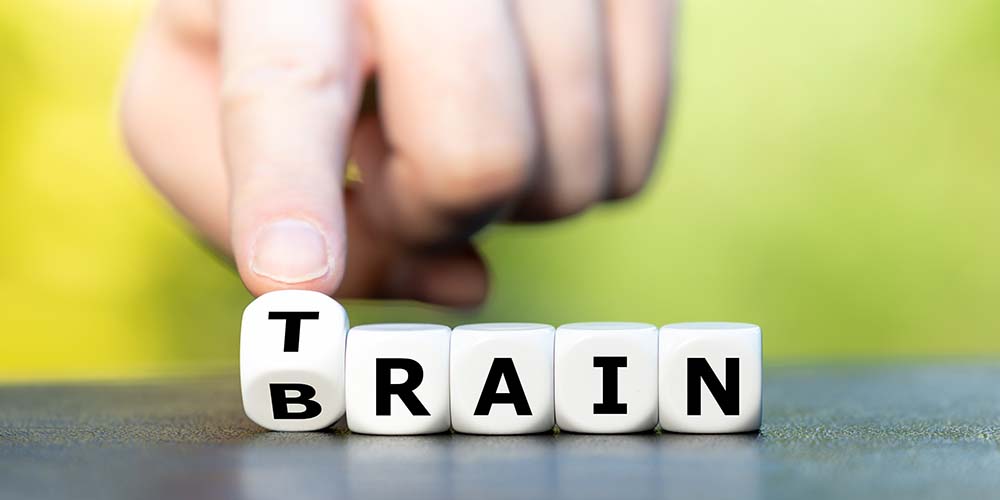Exercise aids the development of memory
Our working memory stores information for periods of several seconds and plays an important role in academic performance. According to findings from researchers at the University of Basel and Nagoya University, the development of this component of memory in children and adolescents is benefited by exercise – and particularly by types of exercise that require a lot of coordination.
20 January 2022
Exercise in its various forms can promote physical and mental health. Moreover, it has a positive impact on the development of memory in children and adolescents. Published in the journal Trends in Cognitive Sciences, this finding was reached by sports scientist Dr. Sebastian Ludyga from the University of Basel and his colleagues from Nagoya following a joint analysis of the specialist literature.
Coordination exercises have the greatest impact
According to the analysis, exercise can be particularly beneficial for the working memory of children and adolescents. Coordinative forms of exercises and intensive endurance exercises proved to be particularly effective in the long term.
Coordinative training primarily influences the efficiency of the prefrontal cortex. This area of the brain is considered to be a cognitive control center, storing and working with information in order to plan actions in a targeted manner. “Coordinative exercises specifically improve the processing of visual/spatial information,” explains Ludyga.
In endurance training, on the other hand, the decisive factor is the intensity. At low intensity, this training barely affects the working memory’s ability to work with information. However, if the intensity of the training is increased, it also leads to improved absorption and storage of information due to factors including an increase in neuroplasticity and nutrient supply in the brain.
Working memory plays a key role
In their study, the researchers focused on the working memory of children and adolescents, as this component of memory plays a key role in learning processes and strategic thought. A good working memory supports the acquisition of vocabulary and grammar as well as the development of numerical and mathematical skills.
There is also a relationship between the development of working memory and aspects of mental health, such as a predisposition to alcohol and drug abuse. “Particularly in schools, the aim should therefore be to support the development of working memory through targeted exercise activities,” concludes Ludyga.
Original publication
Sebastian Ludyga, Markus Gerber, Keita Kamijo
Exercise Types and Working Memory Components During Development
Trends in Cognitive Sciences (2022), doi: 10.1016/j.tics.2021.12.004
Further information
PD Dr. Sebastian Ludyga, University of Basel, Departement of
Sport, Exercise and Health, tel. +41 61 207 47 88, email: sebastian.ludyga@unibas.ch



